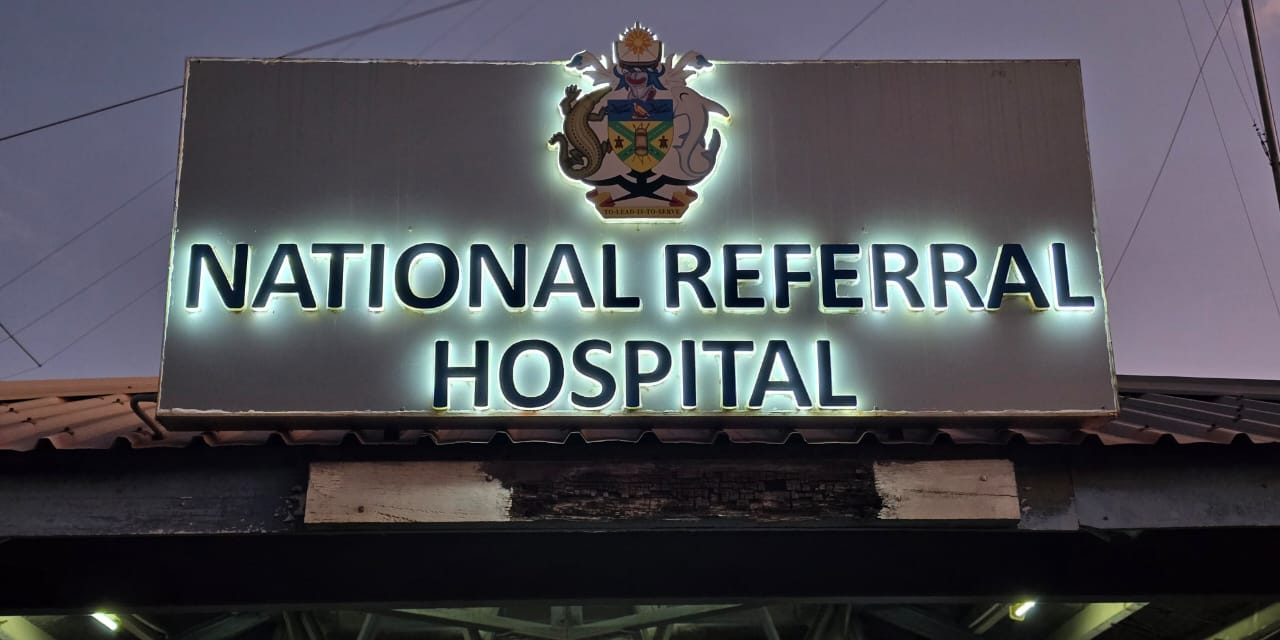Solomon Islands’ public health system is grappling with a critical shortage of specialist surgeons, Health Minister Paul Bosowai told Parliament on Wednesday, citing urgent needs across multiple disciplines and outlining plans to double the workforce within five years.
“As of October 2025, the Ministry of Health and Medical Services has a total of 17 practicing specialist surgeons in the public sector,” Bosowai said, responding to a question from Opposition Leader Matthew Wale.
“They are serving mainly at the National Referral Hospital, with a few stationed at provincial hospitals.”
The breakdown includes general surgeons, orthopedic specialists, ophthalmologists, obstetricians and gynecologists, and ENT (ear, nose, and throat) surgeons.
Most are concentrated in Honiara, leaving rural areas underserved.
Minister Bosowai said, about 15 medical officers are currently undergoing specialist training in fields such as general surgery, ophthalmology, orthopedics, obstetrics and gynecology, and ENT.
“We anticipate that if all current training is successfully completed, we will double the number in the next five years, improving access to surgical services across our provinces,” he said.
Based on benchmarks from the World Health Organization and the Commission on Global Surgery, the Ministry estimates the country needs at least:
- 15 general surgeons (currently 6, with 4 in training),
- 6 ophthalmologists (currently 3, with 1 in training),
- 12 obstetricians and gynecologists (currently 5, with 4 in training),
- 8 orthopedic surgeons (currently 4, with 4 in training),
- 4 ENT surgeons (currently 1, with 1 in training).
“These figures reflect the growing demand for surgical services in our country, including life-saving procedures, maternal care, trauma care, and surgeries related to non-communicable diseases,” Bosowai said.
He also urged citizens to avoid drinking and driving, noting that trauma cases from road accidents are adding pressure to surgical services.
The Minister highlighted the National Referral Hospital’s 10-year specialist planning framework, which includes a three-tiered training structure: diploma, master’s, and subspecialist levels. “Subspecialists are those who can perform cardiological surgeries,” he explained.
Bosowai closed his remarks with a tribute to the country’s surgeons and anesthetists. “Surgeons cannot work without anesthetists and anesthetists cannot work without surgeons,” he said.
“Let’s take the time to acknowledge those doctors that are working during odd hours, even when there is a need in the emergency time, they stood up and worked to give a second chance to life.”
By ANDRIANAH KOLE
Solomon Star, Honiara.









